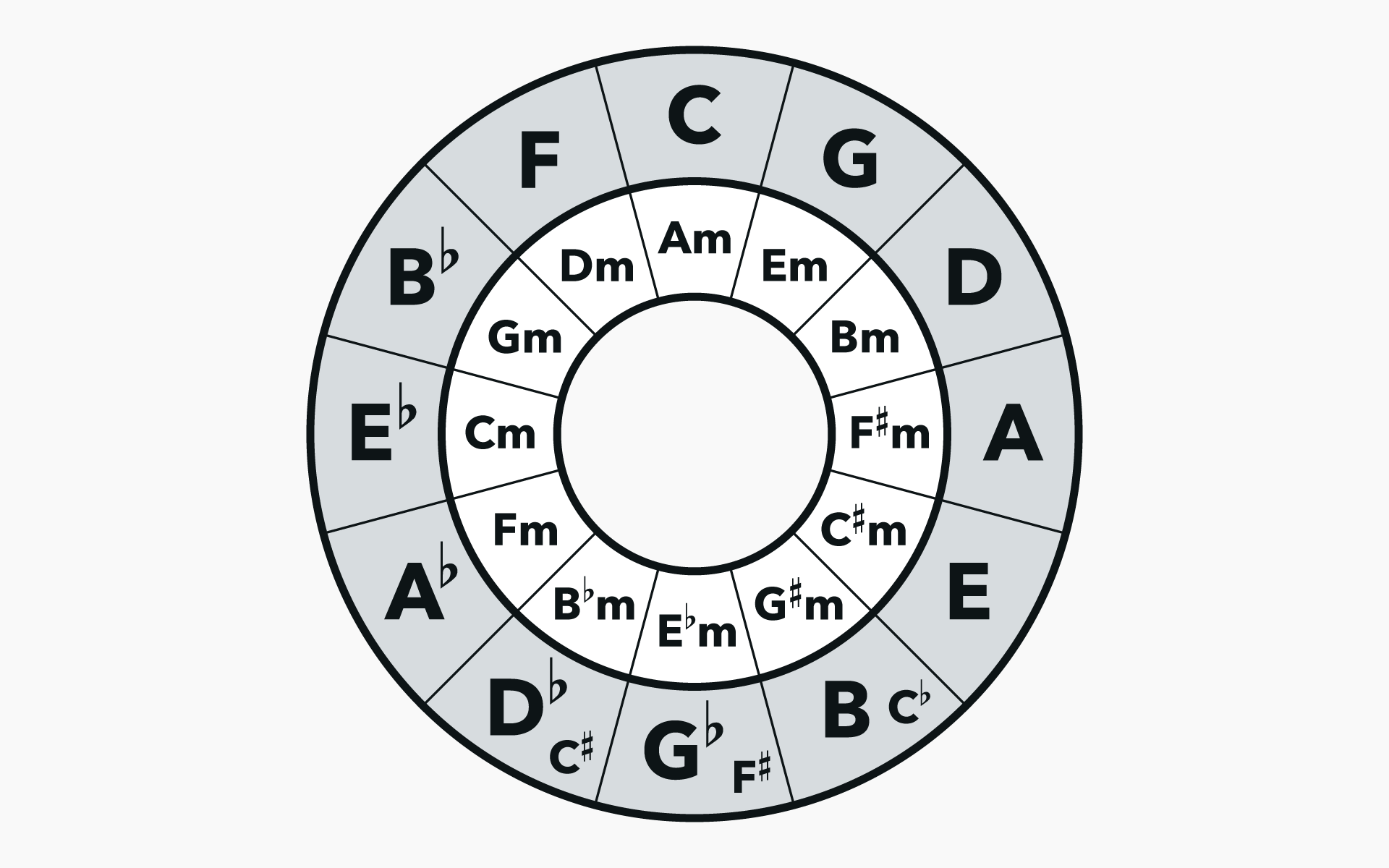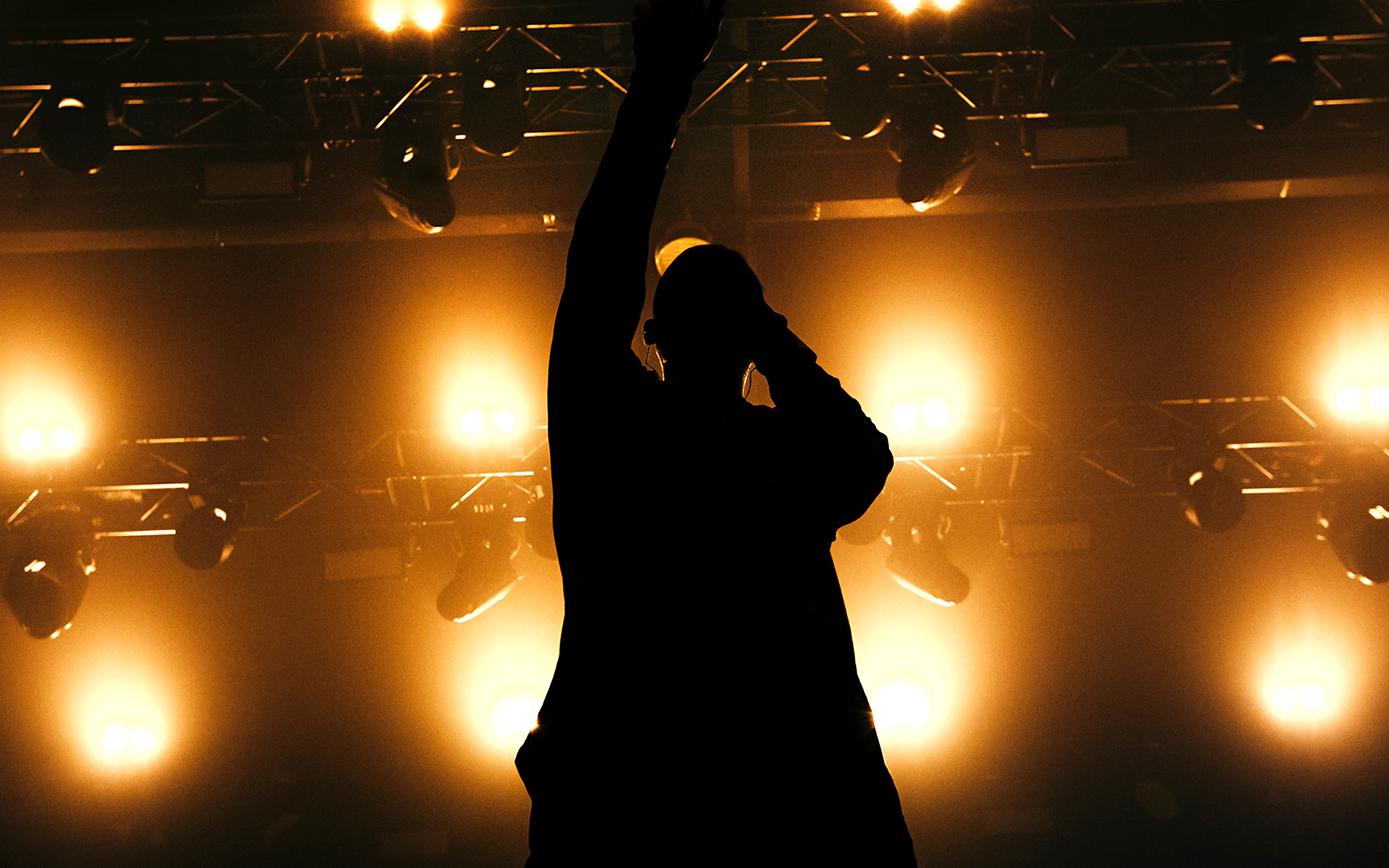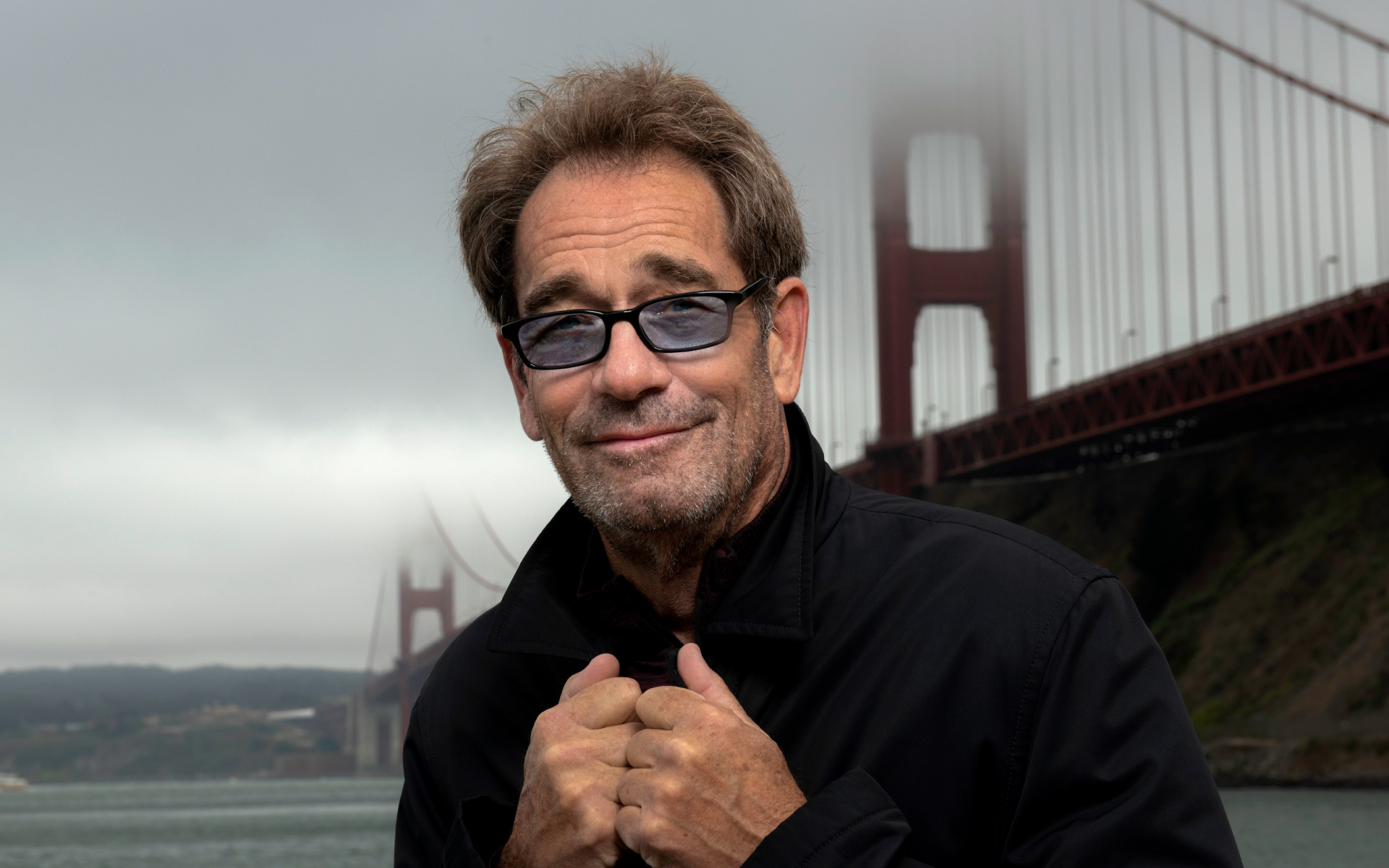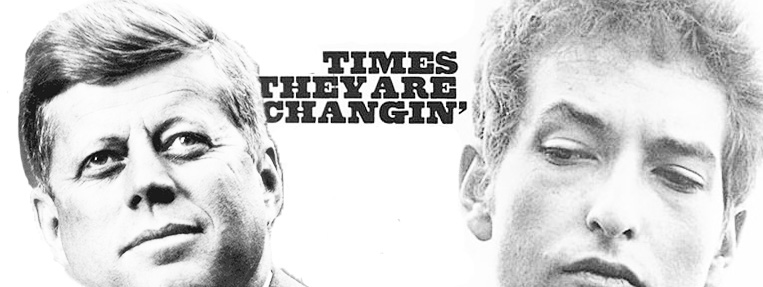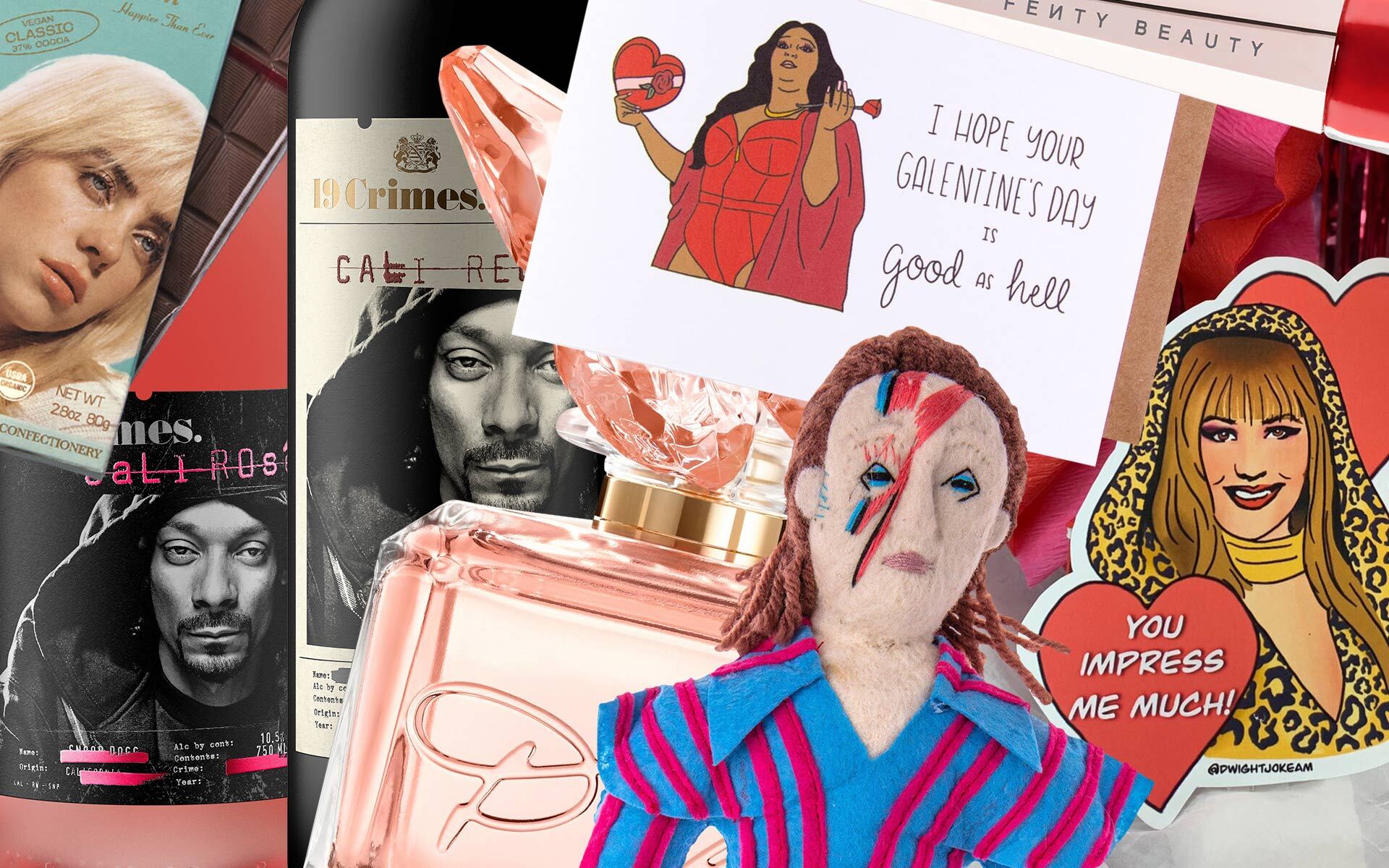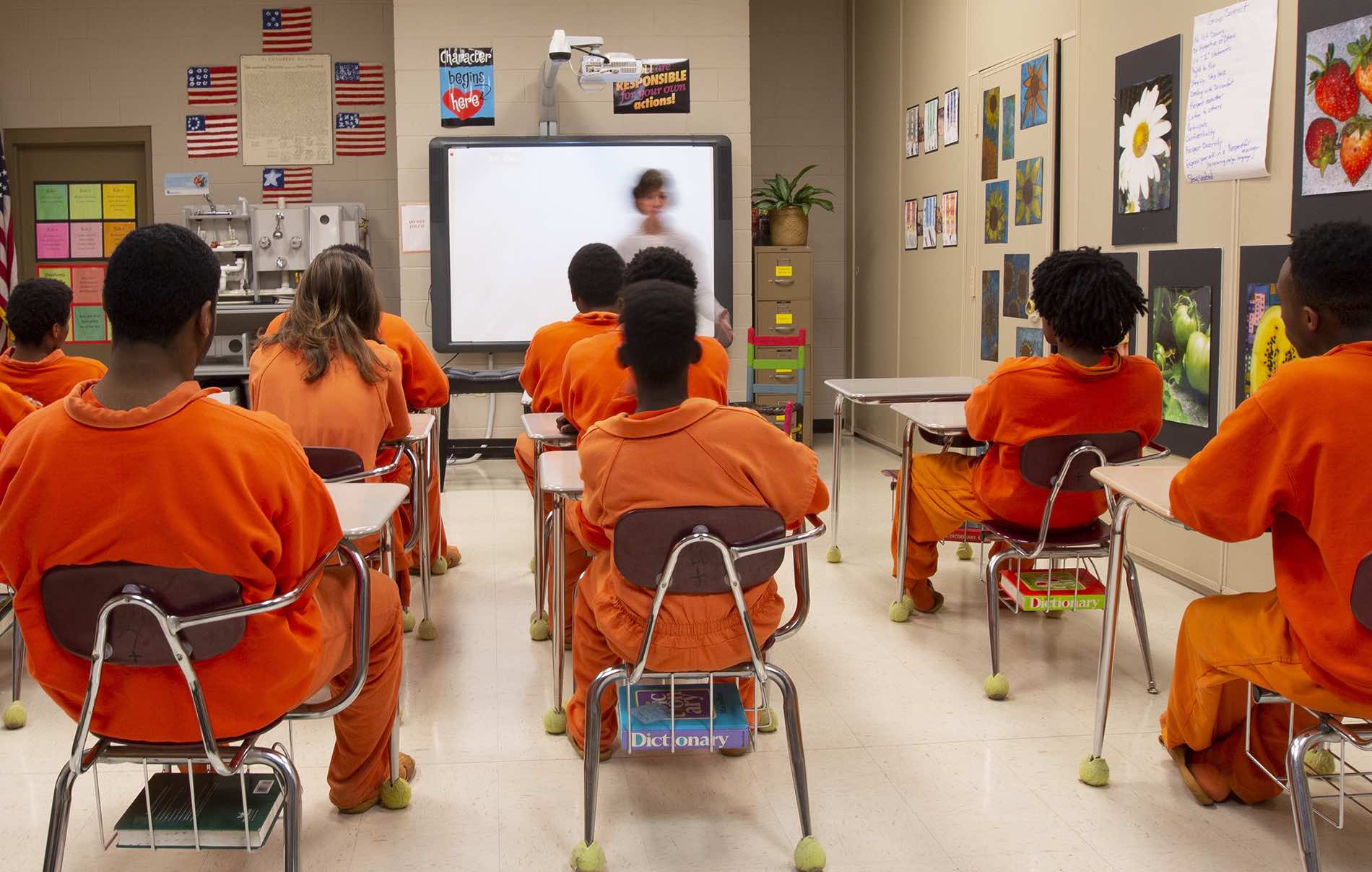Editors’ note: Let us state before we get too far into this article that we don’t condone human suffering by any means, and we should also point out that we are trying to be hopeful that the upcoming change in America’s leadership will not lead to more suffering. It may seem trivial to say “hey, at least we’ll get some good art out of this” when something bad happens, but what art does is heal, and if human suffering occurs, art can heal. Berklee President Roger Brown recently shared a very thoughtful message in regard to this matter. Anyway, let us proceed:
In the days after Donald Trump’s election, social media has shown us that we do have a number of artists in this country who are very upset about the election results. And if history has shown us anything, it’s that our favorite musicians are about to serve up some riveting angry music in the next four years. Regardless if the artists’ work is overtly political, the feeling in the air can’t help but seep into the music.
Take Nirvana’s Nevermind: Released in the fall of 1991 towards the tail end of the first Bush administration, there are no songs directly about politicians, but bassist Krist Novoselic has always claimed that the Gulf War informed much of the attitude of the album, and in 1993, he told Alternative Press that he didn’t think the alternative nation that Nirvana unwillingly created would have been born without political frustration.

“We came along at a time of great change, politically and socially,” said Novoselic, “a time when America as a whole was awkwardly shifting its feet, and contemplating the legacy of thirteen years of Republicanism— musical and political.”
Let’s take a look at other eras of political frustration for artists that led to great musical movements. While there have been songs that protest Democratic leadership, artists are generally left-leaning, so much of what we’ll explore after the classic rock era will deal with Republican leadership. But it all seems to have begun with Dylan and the Dems.
Bob Dylan released his first two records during the Kennedy administration, and some of the material was critical of the president’s policies, but two months after JFK’s assassination, Dylan released The Times They Are a-Changin’, which featured his most caustic political criticisms to date, including “With God on Our Side” and “Only a Pawn in Their Game.” Political commentary in popular music had existed before—and Dylan did record all of these songs during Kennedy’s lifetime—but Dylan’s bold statements in 1964 set the stage for the rise of the counterculture during the Johnson administration. And without Johnson’s escalation of America’s involvement in the Vietnam War—which many in the youth culture obviously disagreed with—the peace-and-love movement of the late 1960s may have never occurred.
Aside from the tolls they take, national tragedies (and even national embarrassments) have led to great songs. Take, for example, the tunes that we wouldn’t have if Richard Nixon hadn’t been president: “Ohio” by Crosby, Stills, Nash & Young; “Sweet Home Alabama” by Lynyrd Skynyrd; “Young Americans” by David Bowie; and “I’m So Bored with the U.S.A.” by The Clash. (Clicking the links will get you to the places in the song where the Nixon administration is alluded to.)
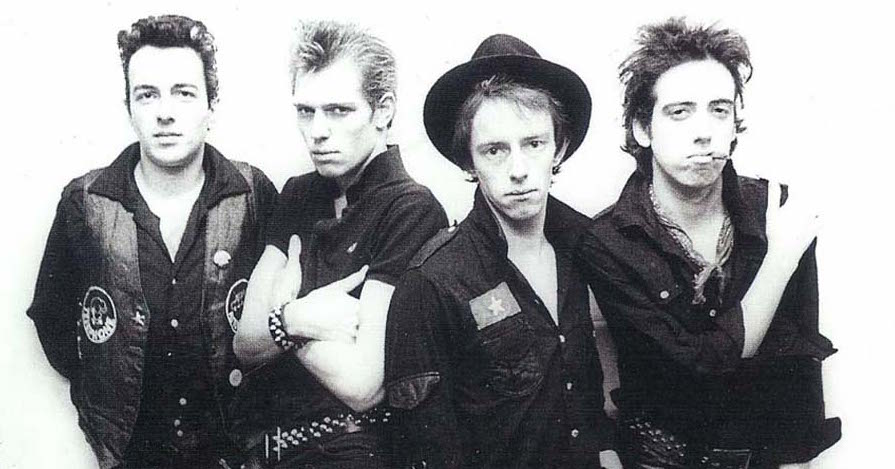
Speaking of The Clash, the punk movement in the UK in the mid 1970s might have still existed if the political climate were different, but its main movers wouldn’t have been as pissed. In his Rock History course for Berklee Online, former Boston Globe critic Steve Morse shares two quotes that succinctly define that time. The first is from Pete Townshend from The Who: “Whenever you listen to the Clash, you’re facing up to life and at the same time being given strength to deal with it—which is what rock & roll is all about.” The second quote comes from Johnny Rotten of the Sex Pistols: “You don’t write a song like ‘God Save the Queen’ because you hate the English race. You write a song like that because you love them, and you’re fed up of seeing them mistreated.”
Margaret Thatcher became the Prime Minister of the UK in May of 1979 and her policies for England in the 1980s led to so many artists railing against the rule of the Iron Lady that we’ll just point you to another list. The fact that this many artists sang about her in the 1980s is also the reason why Fred Armisen’s Ian Rubbish character is so funny.
Chuck D and Flavor Flav may have never formed Public Enemy were it not for Ronald Reagan becoming president in 1980. Even if they did form PE, they likely wouldn’t have been able to bring so much powerful anger to the burgeoning hip-hop genre. The group formed two years after Reagan’s election and changed hip-hop from fighting for your right to party to partying for your right to fight, doing most of the fighting against the policies and effects of the policies of the 40th president. For more on Reagan and rap, check out this enlightening article from Genius.com.
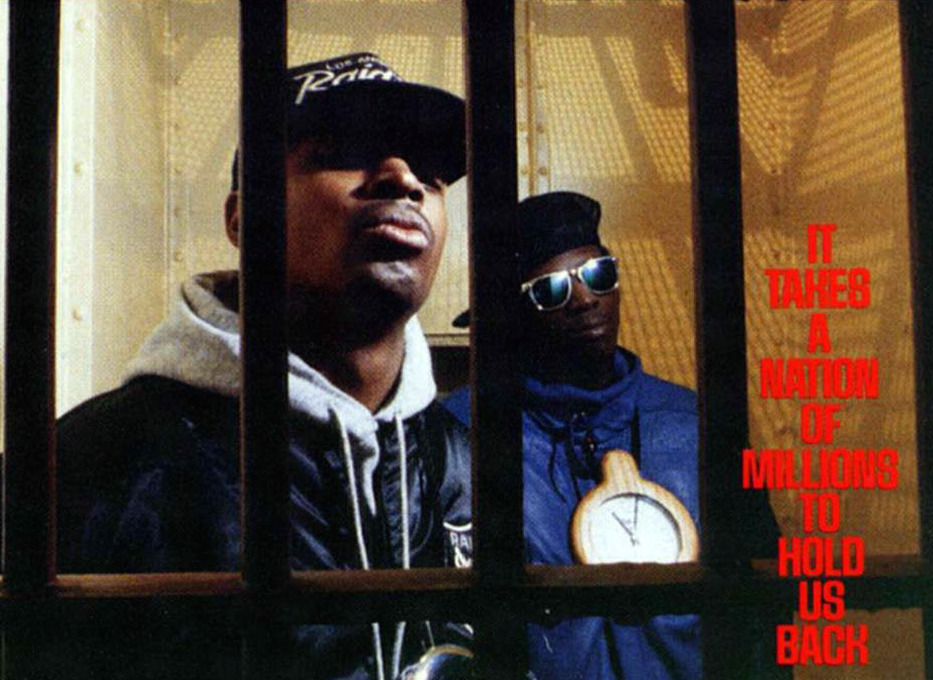
The hardcore punk scene that came out of Washington DC in the 1980s also wouldn’t have happened if it weren’t for Reagan. Even punk acts who had already existed for a few years like the Ramones and Dead Kennedys got in on bashing Bonzo.
It’s worth noting that Bruce Springsteen also made some of his most powerful music during the Reagan administration. It’s ironic that the Reagan administration thought that the title track to Born in the U.S.A. was a patriotic song, when its lyrics of a veteran coming home to the political disillusionment of Reagan’s America are the exact opposite.
Though Rage Against the Machine came to power in the Clinton administration, the band formed in 1991, during the first Bush administration, which was what inspired Nirvana, who in turn helped launch the angry beginnings of the alternative rock movement. That the grunge movement continued throughout Clinton presidency was likely the result of record companies trying to prolong the commercial interest.
George W. Bush also had so many songs written about him that it’s probably easier to point you to another list. And that’s just the top 20!
It just goes to show: If you have fears about a future you feel is uncertain, remember that the music that comes out of these times can trump the gloom.


